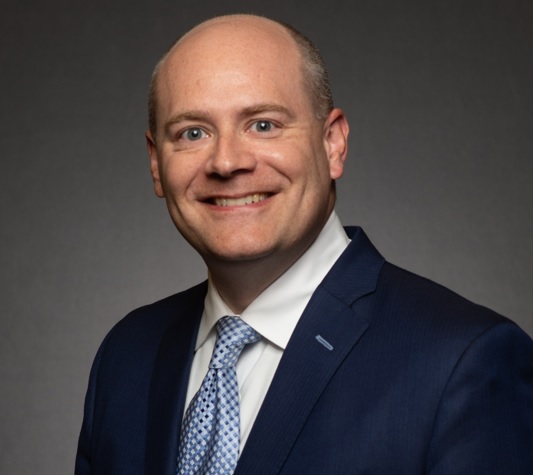
As sales grow in online marketplaces, concerns continue to rise when it comes to counterfeiting and copyright infringement.
Merchant & Gould P.C., a national intellectual property law firm with a Denver office, recently launched a business consulting group with the goal of protecting brands. Known as the Integrator Program, the group goes to a client and determines their brand’s risk profile. The organization also provides a set of mitigating factors to the business so it can sell products in online marketplaces with less risk of counterfeiting and infringement.
William Schultz, a partner at Merchant & Gould’s Minneapolis office and the leader of the Integrator Program, said for the last 20 years, a lot of the things being done in the space have been reactive. In other words, a company finds an issue online and requests a removal from the marketplace. His goal is to change that.
“What we’re doing now is proactive,” Schultz said. “We’re going in and doing an analysis of what type of product the client is going to be selling and thinking ahead and integrating the research and development group, the marketing group, the sales group, finance and legal, and having a good understanding of, what’s the strategy here.”
One item they look at is how long a product is going to be on the marketplace. If it’s only on the marketplace for a few months, or even under a year, there’s a different strategy compared with a product being out much longer.
“Those are the kind of initial questions that are asked in this program to get a baseline of what the product is going to be on the marketplace,” he said, adding that, when working with a client, it’s best to mitigate infringement before a product is even sold.
Merchant & Gould’s consultant group also merged with its InnovaShield Brand Protection Index. It works as a computer algorithm and takes a series of survey questions that are connected with what the company does including what type of product it’s putting out, how long it’s on the marketplace, what protection it has, where it’s manufactured and where it’s distributed. The algorithm then develops a risk assessment to tell the company how at-risk a product is for infringement.
Four factors are also looked at: intellectual property, the company’s strategic direction, its enforcement and policies and procedures (items like distributor agreements). These four factors then mitigate the risk, Schultz said. The system works by analyzing the risk and those four mitigating factors to create the Brand Protection Index. That indicates whether a company has a low or high chance of being infringed upon.
“What we’re able to do is visualize where the problems are,” Schultz said. “So, for example, if you didn’t have enough intellectual property to protect this good, we can fix that.”
Schultz said a product like theirs is needed as he’s seen an increase in infringement over the last few years. He said the products that have the most issues are the ones that are easiest to replicate and are high-margin, while also being brand-specific, like high-end clothing and bags. Regardless of what’s being infringed upon, it continues to be a problem for a lot of businesses.
According to Schultz, the issue persists for multiple reasons, including the ease of being able to list something online. The pandemic hasn’t helped either, as more people shop online instead of being able to physically hold a product in the store, making sure it’s legitimate. Another factor is the ease of creating a counterfeit product.
“We’ve seen situations, where… a client sent over the drawings to a particular product to its facility in Asia and the counterfeit product was sold the next day,” he said.
Leadership from Merchant & Gould’s Denver office says these new infringement counteractions are a game changer.
“The Integrator Program crosses all seven Merchant and Gould offices, tapping into the experience of our Denver attorneys and intersecting all practice areas,” wrote George Lewis, P.E., a partner at the Merchant & Gould office in Denver. “We are especially eager to share the risk assessment tool and IP solutions with our Colorado-based manufacturing, consumer products and tech startup clients, who are greatly impacted by changes in shopping behavior and increases in knockoffs and counterfeits.”
Merchant & Gould has about 90 attorneys in offices in Minneapolis, Denver, New York, the Washington D.C. area, Los Angeles, Atlanta and Knoxville. It was founded in 1900.
CORRECTION NOTE: This article was updated July 6 to show the firm’s name as Merchant & Gould.

